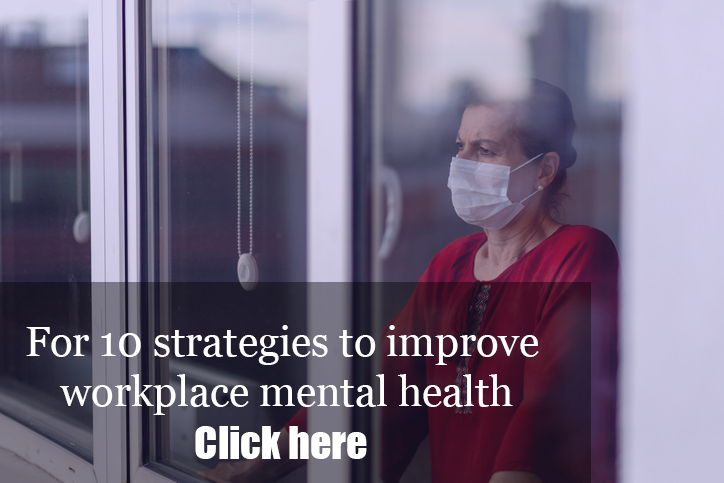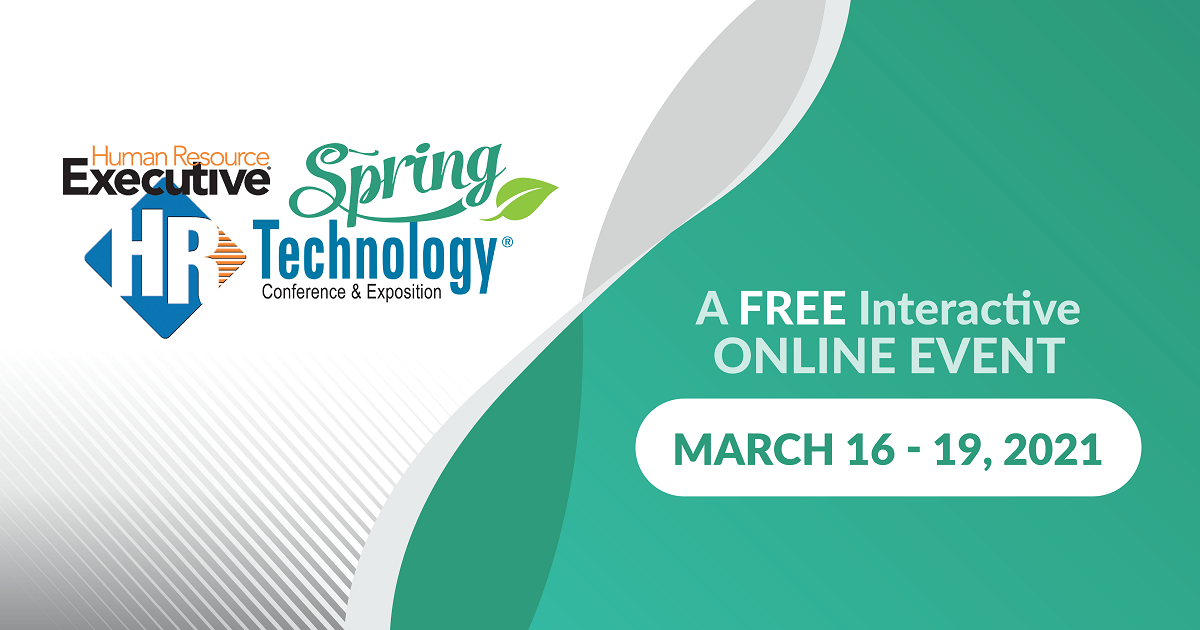New data shows a serious decline and an all-time low in Americans’ mental health, underscoring a serious problem for employers as they continue to see the toll the pandemic is taking on employees.
According to the latest Mental Health Index: U.S. Worker Edition from Total Brain, between November and December there was a 48% increase in the risk of depression–a risk level not seen since this past spring. Further, employees’ focus dropped 62%–a record low since the inception of the research in February 2020.
“The harsh reality is this is a marathon and it’s not going away anytime soon. The numbers are going in the wrong direction,” Colleen McHugh, executive vice president of the American Health Policy Institute and strategic advisor for HR Policy Association, said last week during a webinar discussing the index results. “It’s clearly [created] a lot of anxiety in the workplace and [it’s a matter of] how do we help employees muster through.”
The mental health index, in partnership with the National Alliance of Healthcare Purchaser Coalitions, One Mind at Work, and the HR Policy Association and its American Health Policy Institute, is based on 500 anonymized assessments randomly selected among thousands of Total Brain assessments taken each week.
The brain assessments were taken during the holiday season, an often anxiety-inducing time of year made more stressful by COVID-19, researchers said. The index found that women showed a 46% rise in risk for general anxiety disorder between November and December, and at the end of December, women’s stress levels were 22% higher than those of their male counterparts.
 “It’s not only up but continues to go up over time,” said Michael Thompson, president and CEO of the National Alliance of Healthcare Purchaser Coalitions.
“It’s not only up but continues to go up over time,” said Michael Thompson, president and CEO of the National Alliance of Healthcare Purchaser Coalitions.
Although there’s some good news on the pandemic front with the beginning of the rollout of the COVID-19 vaccines, experts say the slow rollout and the problems many employees face in getting themselves–and their elderly family members–vaccinated are causing additional stress. That, coupled with a stressful holiday season and the continuing nature of the pandemic, also is contributing to worsening mental health issues, said Total Brain CEO Louis Gagnon.
“What we are seeing is COVID becoming a trauma itself,” he said. “People are traumatized by a year of suffering and everything else, and that is starting to resonate.”
The latest results indicate that employers need to zero in their efforts to help employees and find different ways of engaging and connecting with them. “It’s about creating ways to talk about it, have different tools and resources to point employees to and just do whatever we can to be supportive,” McHugh said, adding that flexibility and ensuring employees keep a work/life balance as they continue to work from home is vital. “It’s an ongoing concern and one we have to understand how to integrate into our culture.”
Related: 10 strategies to improve employee mental health
Garen Staglin, chairman of One Mind at Work, said connection with employees is imperative, too, as employees experience alarming rates of loneliness. “You’ve got to find ways to connect with people other than just by Zoom check-ins,” he said. “Replicate the water cooler; people need to have contact because, without contact, anxiety and loneliness is a compacting factor to all of these [issues].”
Company and HR leaders need to prioritize mental health now, he said.
“If there’s a time to develop a long-term approach it’s now, because we are in a marathon, not a sprint. And this is going to last another year,” Staglin said. “The finger in the dike is not the right approach. We’ve got to build a new dam here, and it’s time to do it.”



